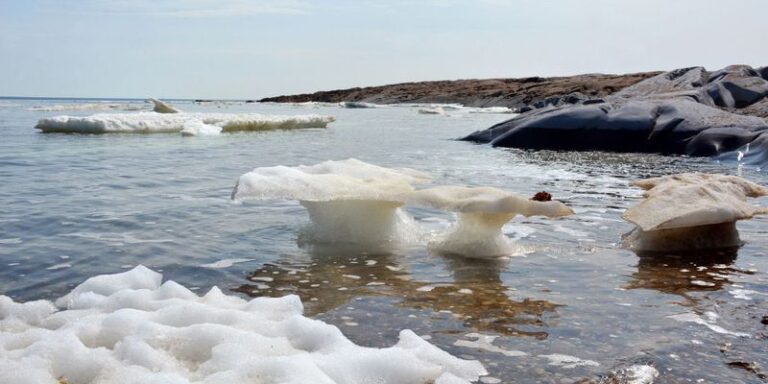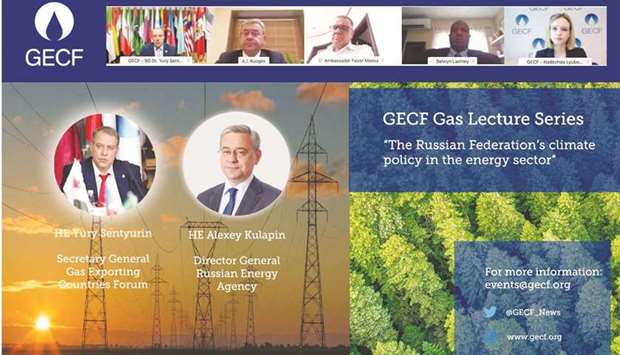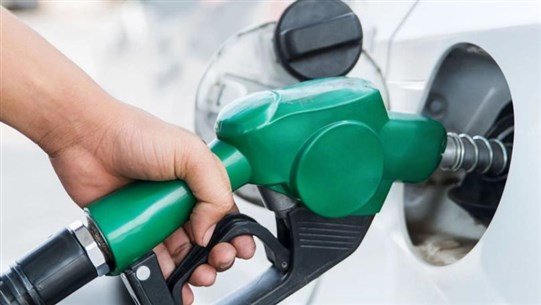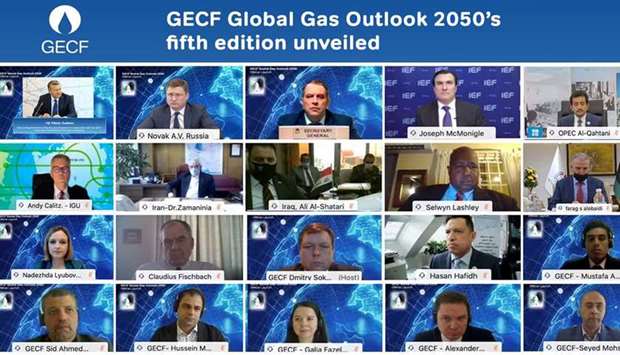In a few months, a small British financial think tank will mark the tenth anniversary of the publication of a landmark research report that helped launch the global fossil-fuel-divestment movement. As that celebration takes place, another seminal report—this one obtained under the Freedom of Information Act from the world’s largest investment house—closes the loop on one of the key arguments of that decade-long fight. It definitively shows that the firms that joined that divestment effort have profited not only morally but also financially.
The original report, from the London-based Carbon Tracker Initiative, found something stark: the world’s fossil-fuel companies had five times more carbon in their reserves than scientists thought we could burn and stay within any sane temperature target. The numbers meant that, if those companies carried out their business plans, the planet would overheat. At the time, I discussed the report with Naomi Klein, who, like me, had been a college student when divestment campaigns helped undercut corporate support for apartheid, and to us this seemed a similar fight; indeed, efforts were already under way at a few scattered places like Swarthmore College, in Pennsylvania. In July, 2012, I published an article in Rolling Stone calling for a broader, large-scale campaign, and, over the next few years, helped organize roadshows here and abroad. Today, portfolios and endowments have committed to divest nearly fifteen trillion dollars; the most recent converts, the University of Michigan and Amherst College, made the pledge in the last week.
No one really pushed back against the core idea behind the campaign—the numbers were clear—but two reasonable questions were asked. One was, would divestment achieve tangible results? The idea was that, at the least, it would tarnish the fossil-fuel industry, and would, eventually, help constrain its ability to raise investment money. That’s been borne out over time: as the stock picker Jim Cramer put it on CNBC a year ago, “I’m done with fossil fuels. . . . They’re just done.” He continued, “You’re seeing divestiture by a lot of different funds. It’s going to be a parade. It’s going to be a parade that says, ‘Look, these are tobacco, and we’re not going to own them.’ ”
The second question was: Would investors lose money? Early proponents such as the investor Tom Steyer argued that, because fossil fuel threatened the planet, it would come under increased regulatory pressure, even as a new generation of engineers would be devising ways to provide cleaner and cheaper energy using wind and sun and batteries. The fossil-fuel industry fought back—the Independent Petroleum Association of America, for instance, set up a Web site crowded with research papers from a few academics arguing that divestment would be a costly financial mistake. One report claimed that “the loss from divestment is due to the simple fact that a divested portfolio is suboptimally diversified, as it excludes one of the most important sectors of the economy.”
As the decade wore on, and more investors took the divestment plunge, that argument faltered: the philanthropic Rockefeller Brothers Fund said that divestment had not adversely affected their returns, and the investment-fund guru Jeremy Grantham published data showing that excluding any single sector of the economy had no real effect on long-term financial returns. But the Rockefeller Brothers and Grantham were active participants in the fight against global warming, so perhaps, the fossil-fuel industry suggested, motivated reasoning was influencing their conclusions.
The latest findings are making that charge difficult to sustain. For one thing, they come from the research arm of BlackRock, a company that has been under fire from activists for its longtime refusal to do much about climate. (The company’s stance has slowly begun to shift. Last January, Larry Fink, its C.E.O., released a letter to clients saying that climate risk would lead them to “reassess core assumptions about modern finance.”) BlackRock carried out the research over the past year for two major clients, the New York City teachers’ and public employees’ retirement funds, which were considering divestment and wanted to know the financial risk involved. Bernard Tuchman, a retiree in New York City and a member of Divest NY, a nonprofit advocacy group, used public-records requests to obtain BlackRock’s findings from the city late last month. Tuchman then shared them with the Institute for Energy Economics and Financial Analysis, a nonprofit that studies the energy transition.
In places, BlackRock’s findings are redacted, so as not to show the size of particular holdings, but the conclusions are clear: after examining “divestment actions by hundreds of funds worldwide,” the BlackRock analysts concluded that the portfolios “experienced no negative financial impacts from divesting from fossil fuels. In fact, they found evidence of modest improvement in fund return.” The report’s executive summary states that “no investors found negative performance from divestment; rather, neutral to positive results.” In the conclusion to the report, the BlackRock team used a phrase beloved by investors: divested portfolios “outperformed their benchmarks.”
In a statement, the investment firm downplayed that language, saying, “BlackRock did not make a recommendation for TRS to divest from fossil fuel reserves. The research was meant to help TRS determine a path forward to meet their stated divestment goals.” But Tom Sanzillo—I.E.E.F.A.’s director of financial analysis, and a former New York State first deputy comptroller who oversaw a hundred-and-fifty-billion-dollar pension fund—said in an interview that BlackRock’s findings were clear. “Any investment fund looking to protect itself against losses from coal, oil, and gas companies now has the largest investment house in the world showing them why, how, and when to protect themselves, the economy, and the planet.” In short, the financial debate about divestment is as settled as the ethical one—you shouldn’t try to profit off the end of the world and, in any event, you won’t.
These findings will gradually filter out into the world’s markets, doubtless pushing more investors to divest. But its impact will be more immediate if its author—BlackRock—takes its own findings seriously and acts on them. BlackRock handles more money than any firm in the world, mostly in the form of passive investments—it basically buys some of everything on the index. But, given the climate emergency, it would be awfully useful if, over a few years, BlackRock eliminated the big fossil-fuel companies from those indexes, something they could certainly do. And, given its own research findings, doing so would make more money for their clients—the pensioners whose money they invest.
BlackRock could accomplish even more than that. It is the biggest asset manager on earth, with about eight trillion dollars in its digital vaults. It also leases its Aladdin software system to other big financial organizations; last year, the Financial Times called Aladdin the “technology hub of modern finance.” BlackRock stopped revealing how much money sat on its system in 2017, when the figure topped twenty trillion dollars. Now, with stock prices soaring, the Financial Times reported that public documents from just a third of Aladdin’s clients show assets topping twenty-one trillion. Casey Harrell, who works with Australia’s Sunrise Project, an N.G.O. that urges asset managers to divest, believes that the BlackRock system likely directs at least twenty-five trillion in assets. “BlackRock’s own research explains the financial rationale for divestment,” Harrell told me. “BlackRock should be bold and proactively offer this as a core piece of its financial advice.”
What would happen if the world’s largest investment firm issued that advice and its clients followed it? Fifteen trillion dollars plus twenty-five trillion is a lot of money. It’s roughly twice the size of the current U.S. economy. It’s almost half the size of the total world economy. It would show that a report issued by a small London think tank a decade ago had turned the financial world’s view of climate upside down.
A previous version of this post incorrectly described some aspects of Tuchman’s public-records request.










